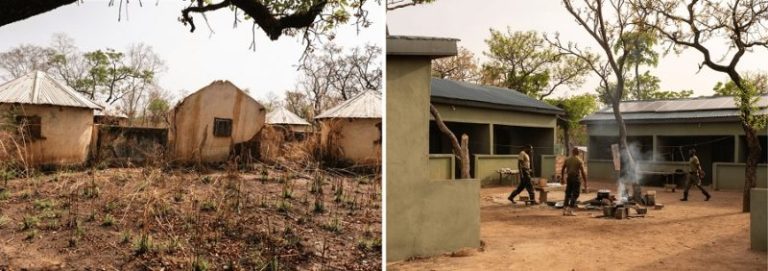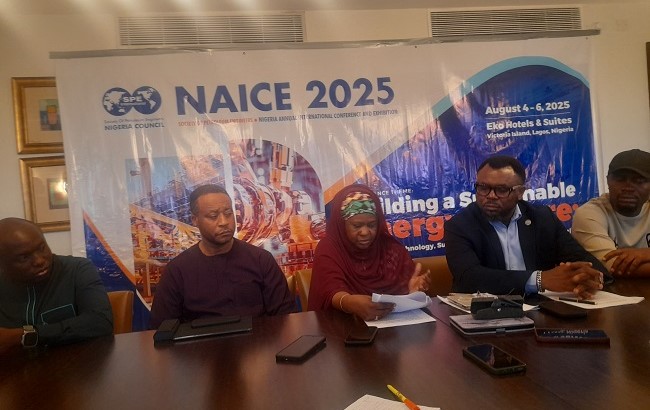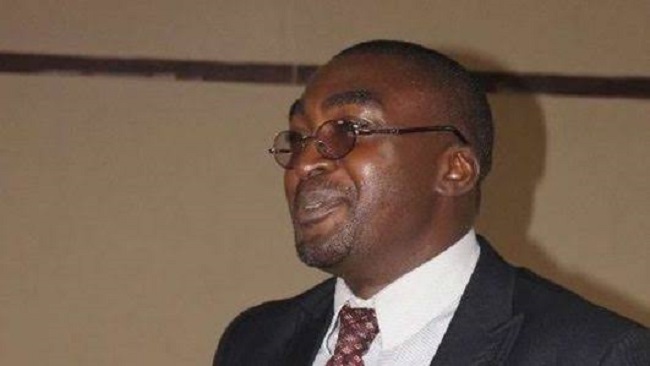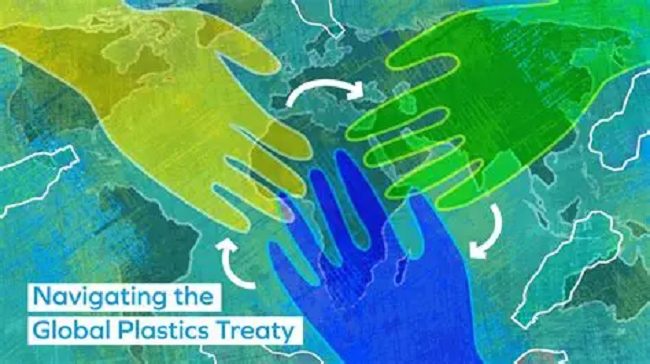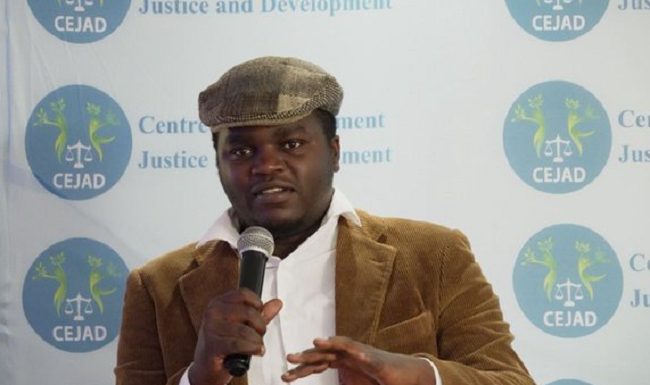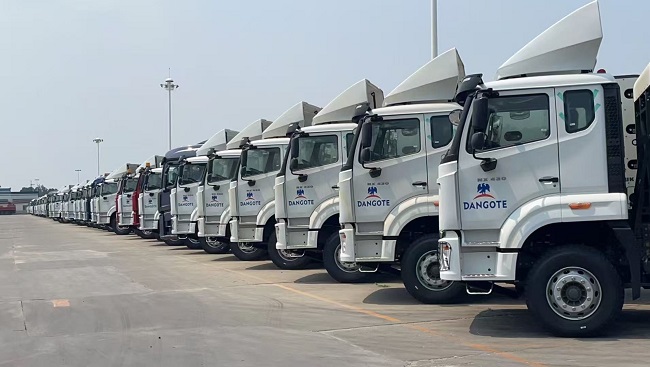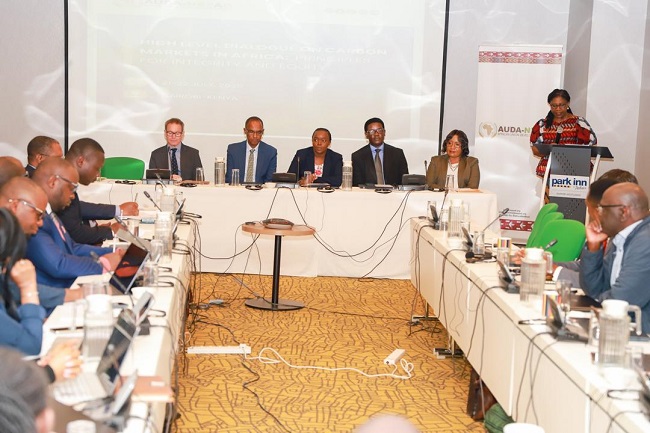On World Ranger Day 2025, celebrated on Thursday, July 31, just one month after the 50th anniversary of the entry into force of the Convention on International Trade in Endangered Species of Wild Fauna and Flora (CITES), the CITES Monitoring the Illegal Killing of Elephants (MIKE) Programme has released a short film highlighting the crucial role played by the dedicated rangers of Mole National Park in Ghana’s wildlife conservation efforts.
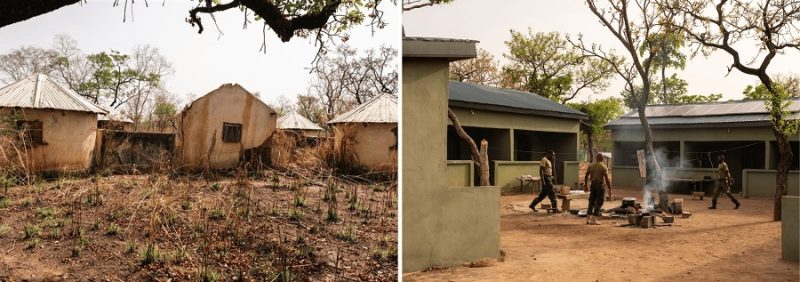
Guardians of Giants – Mole National Park, an 11-minute documentary released by the CITES MIKE Programme, offers an inspiring look into the lives of the rangers who protect one of West Africa’s most vital wildlife refuges. The film also highlights the impact of the Minimising the Illegal Killing of Elephants and Other Endangered Species (MIKES+) Project, which has strengthened conservation efforts across key sites in West and Central Africa.
Through enhanced monitoring, improved management practices, and reinforced enforcement capacity, the project has contributed to the conservation of elephants and other African mammals listed in the CITES Appendices in some of the continent’s most vulnerable ecosystems.
Mole National Park is Ghana’s largest wildlife refuge and an important stronghold for West African elephants. Renowned for its rich biodiversity, the park encompasses a mosaic of savannah and forest habitats that support a wide range of species. Through targeted support by CITES MIKE Programme, Mole has become an example of how data-driven enforcement and ranger empowerment can conserve iconic species in complex ecosystem
Guardians of Giants brings viewers into the world of Mole’s rangers – from early morning briefings, to long patrols across rugged and hot terrain. The film captures the courage, discipline and unwavering dedication of rangers on the frontlines of conservation.
“Behind every species conserved is a ranger whose story often goes untold. These rangers are more than guardians of wildlife – they are parents, mentors, and environmental stewards whose daily work, often out of sight, is essential to conserving wildlife for future generations. Today, we are proud to share their stories with the world and honour their contribution to global conservation,” said CITES Secretary-General, Ms. Ivonne Higuero.
Thanks to generous funding from the European Union, the MIKES+ Project has significantly strengthened ranger capacity and resources in Mole National Park. Key achievements include reactivation of the Wildlife Division’s Mobile Training Unit, which has trained over 100 rangers in in field-based conservation skills.
The Park also received new patrol vehicles, ranger equipment, and infrastructure improvements including ranger outposts and solar-powered boreholes. These have improved ranger welfare, enabling broader patrol coverage and more effective responses to wildlife crime.
“Rangers are the backbone of conservation,” said Director of Operations, Protected Areas, Wildlife Division of Forestry Commission, Ghana, Mr. Dubiure Umaru Farouk. “The support provided through the Project has empowered them with the right skills, tools, infrastructure and the motivation needed to carry out this vital mission more effectively. Today, Mole National Park stands out as a symbol of what is possible when we invest in those who stand on the frontlines of conservation. Continued support for these efforts is not only essential for safeguarding our wildlife but also for securing the future of our ecosystems and communities.”

